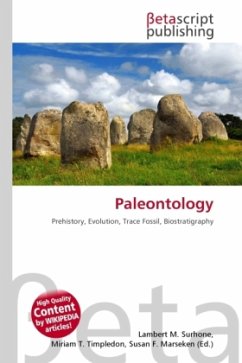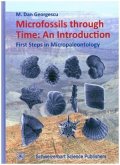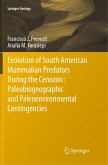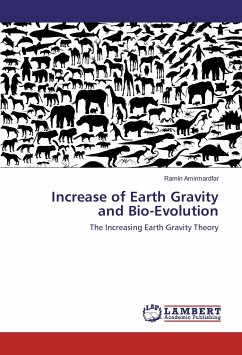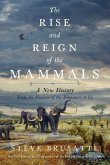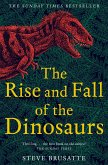High Quality Content by WIKIPEDIA articles! Paleontology is the study of prehistoric life, including organisms' evolution and interactions with each other and their environments (their paleoecology). As a "historical science" it tries to explain causes rather than conduct experiments to observe effects. Paleontological observations have been documented as far back as the 5th century BC. The science became established in the 18th century as a result of Georges Cuvier's work on comparative anatomy, and developed rapidly in the 19th century. Fossils found in China since the 1990s have provided new information about the earliest evolution of animals, early fish, dinosaurs and the evolution of birds and mammals. Paleontology lies on the border between biology and geology, and shares with archaeology a border that is difficult to define. It now uses techniques drawn from a wide range of sciences, including biochemistry, mathematics and engineering. As knowledge has increased, paleontology has developed specialized subdivisions, some of which focus on different types of fossil organisms while others study ecological and environmental history, such as ancient climates.
Bitte wählen Sie Ihr Anliegen aus.
Rechnungen
Retourenschein anfordern
Bestellstatus
Storno

